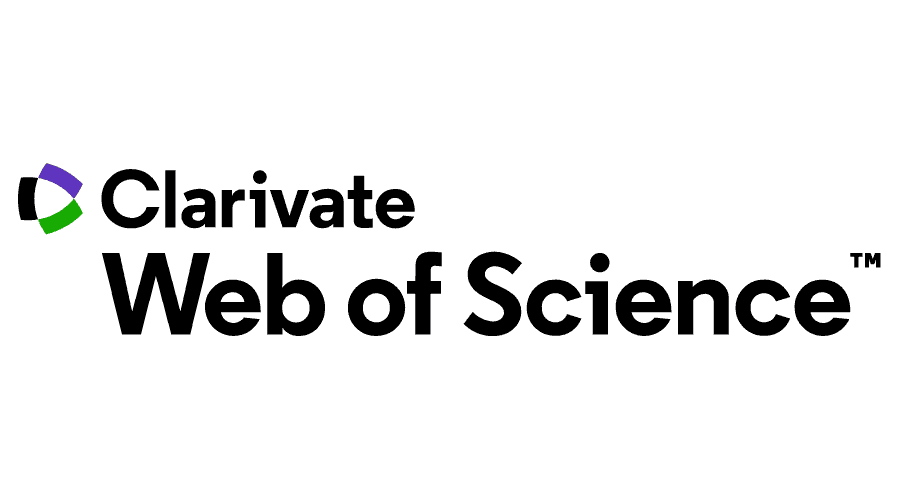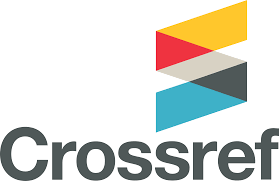Abstract
The relationship between collaboration with competitors and goods innovation performance was investigated along with the moderating effect of the innovating firm's technological capability. The hypothesis that collaboration with competitors has an inverted U-shaped relationship with goods innovation performance was tested using data on new goods introductions from 749 Iranian firms. The results support the balance between competition and collaboration by confirming that collaboration with competitors contributes considerably to successful goods innovation. The positive influences of co-optation certainly seem consistent with the cooperative arguments that collaboration with competitors increases absorptive capacity, improves information exchange and facilitates joint problem solving. The results also show that unnecessary collaboration with competitors can have a negative influence on innovation performance, raising concerns about opportunistic exploitation. The results support the existence of a bell-shaped relationship between application and goods innovation performance. Technological capability and alliances with universities were shown to weaken the relationship.
Recommended Citation
Maroofi, Fakhraddin
(2015)
"Examining The Dynamics of Cooperation Between Competing Firms in Their R&D Activities (R&D Co-Opetition),"
The South East Asian Journal of Management: Vol. 9:
No.
2, Article 1.
DOI: 10.21002/seam.v9i2.4949
Available at:
https://scholarhub.ui.ac.id/seam/vol9/iss2/1
Included in
Management Information Systems Commons, Management Sciences and Quantitative Methods Commons











